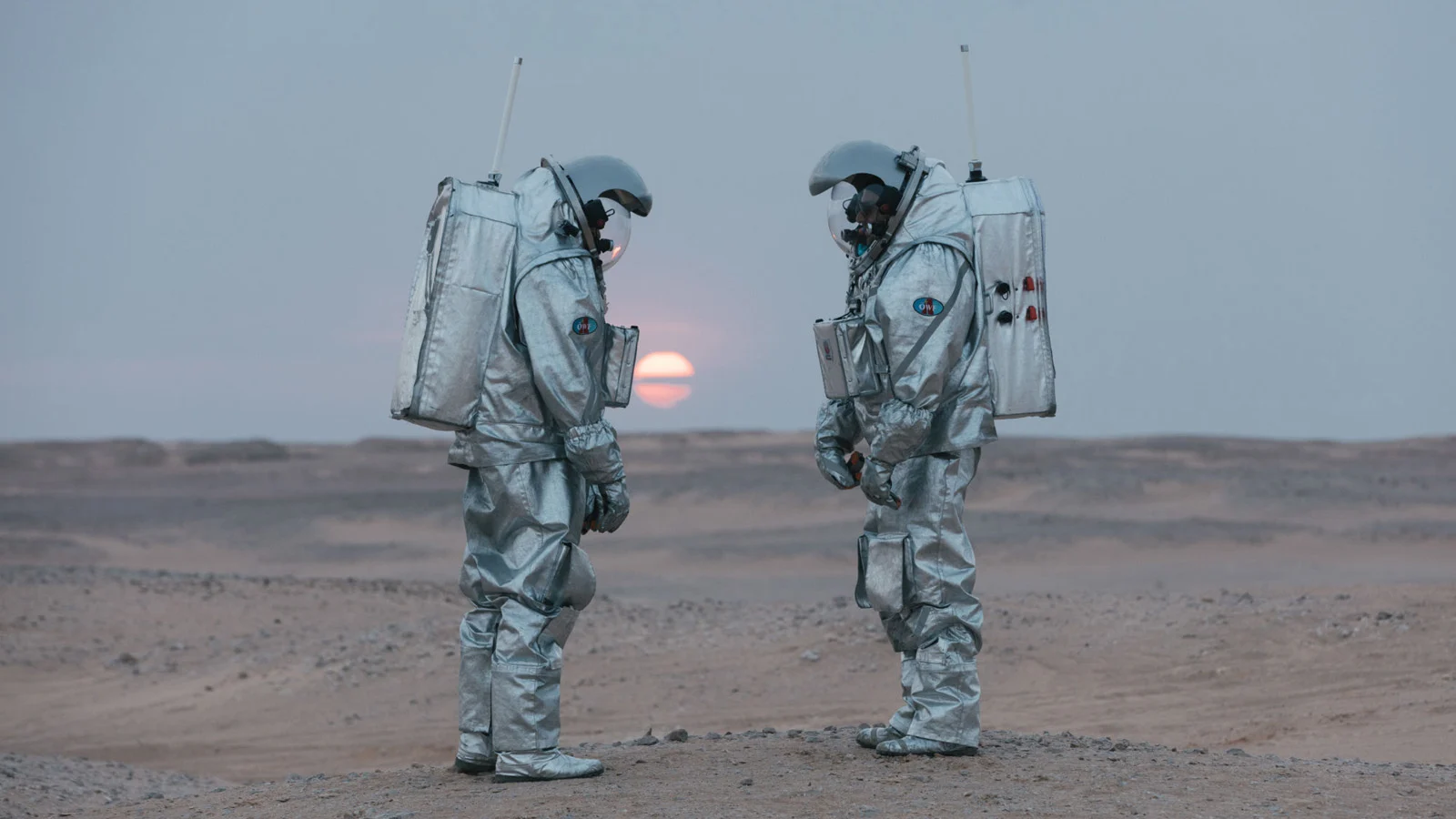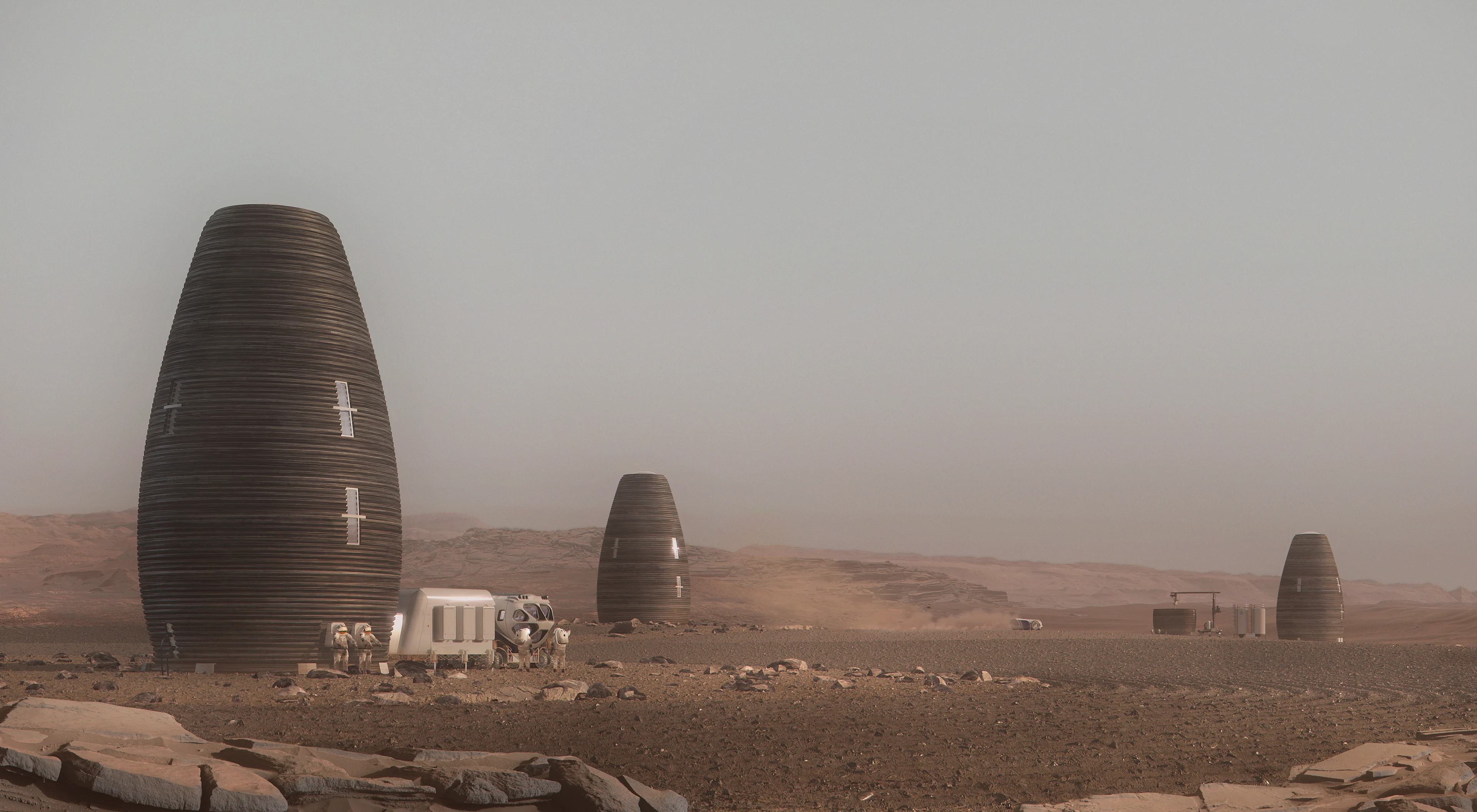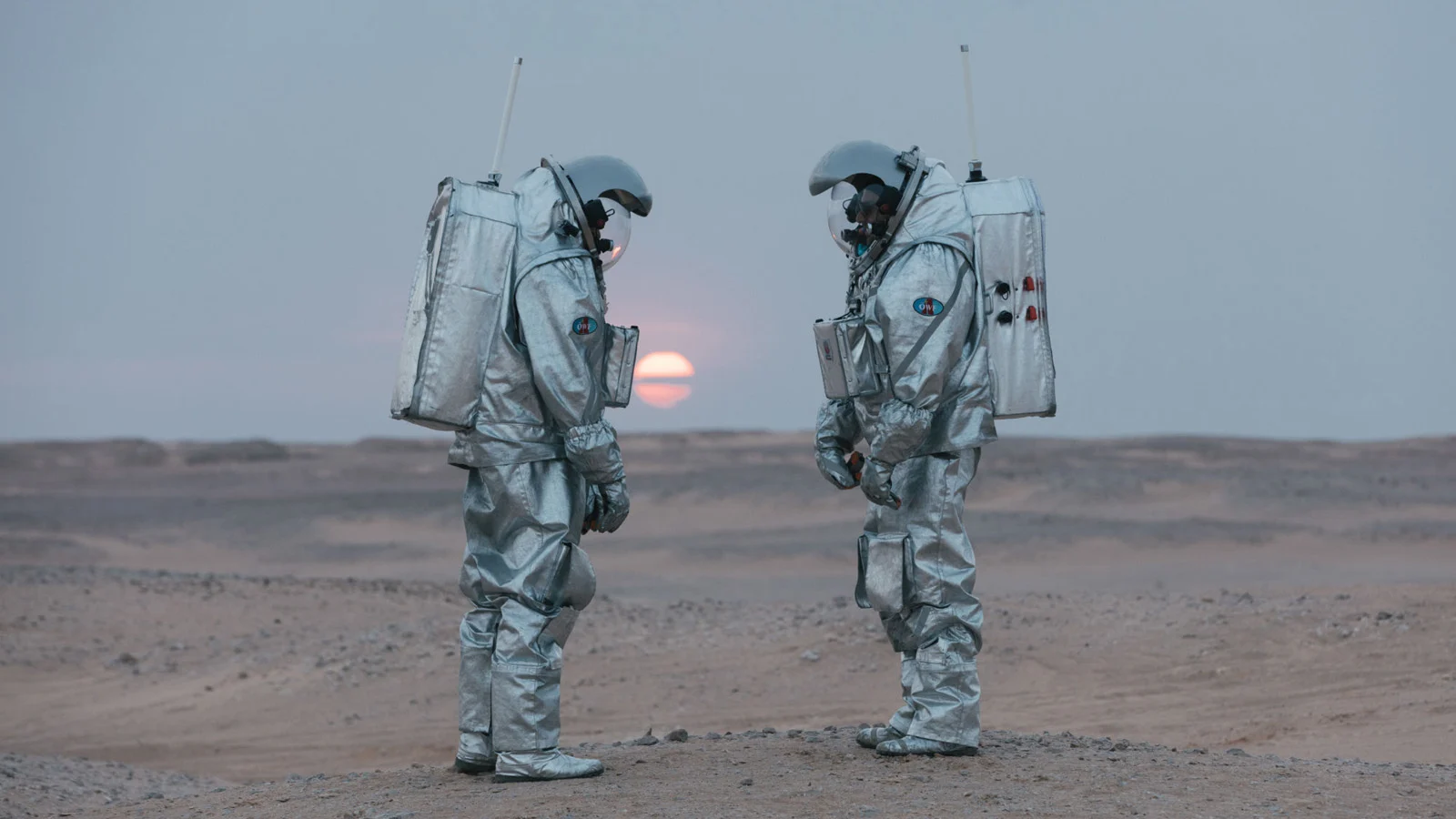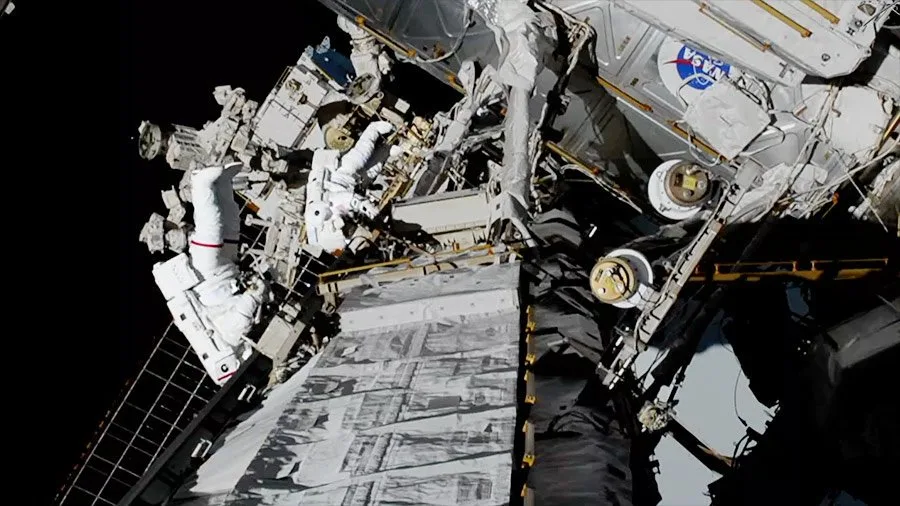
Want to travel to Mars? Conscientiousness will be your key to succeed
Astronauts are responsible, organized and hard-working people for a very good reason.
Long-duration space missions to Mars and beyond are expected to be very taxing on astronaut crews. These missions will be far worse if everyone on the team doesn't do their part or doesn't get along. They may even completely fail. The key trait for the success of these missions, above all others, is the crew's conscientiousness.
Conflict between crew members on a space mission is a staple in science fiction. It merely adds human drama to whatever story is being told. Invariably, there are one or more among the crew who are less diligent about their work or role, which only adds to the conflict. The various stresses on real-world long-distance space crews will very likely cause tensions to rise, as well. This will be especially true when a crisis arises, forcing the team to act quickly and precisely in a potentially life-and-death situation.

This artist concept depicts a neighbourhood of MARSHA 3D-printed Mars habitats. Credit: AI SpaceFactory
"Since the stakes are so high on such a mission," says Julia McMenamin, a PhD candidate in Western University's Industrial/Organizational Psychology program, "the factors we know to make or break teams become even more critical in these settings where performance has to be as close to perfect as humanly possible."
McMenamin is the lead author of a new study, published in the journal Astrobiology. Along with co-authors Natalie Allen, a Western University psychology professor, and Melissa Battler, the chief science officer at Mission Control Space Services in Ottawa, she explored the different personality traits of crew members involved in an 'analog' Mars mission to determine which were the most valuable to ensure success.
In February of 2018, the Austrian Space Forum (ÖWF) conducted one of these analog missions, known as AMADEE-18. In the desert in the Dhofar region of Oman, an international team spent three weeks living in a simulated Mars habitat. They conducted an array of science experiments intended to benefit future Mars exploration, and they provided further insight into how crews react to the isolation of such missions.

'Analog astronauts' Joao Lousada and Stefan Dobrovolny, from the AMADEE-18 mission, stand outside in their EVA suits, just before sunset. Credit: ÖWF/Florian Voggeneder
McMenamin and her co-authors studied the team's behaviour during the mission, examining team conflict, citizenship behaviour, in-role behaviour, counterproductive behaviour, and social loafing. The team was then rated on several traits — humility and honesty, emotionality, agreeableness, extraversion, conscientiousness, and openness to experience.
Having high scores in all of these traits isn't necessarily desirable for a mission, however. Honesty and agreeableness are obviously valuable traits, and high scores are welcome from all. On the other hand, high scores (or low scores) across the entire crew for extroversion — how extroverted or introverted a person is — can actually be detrimental to the mission. Having too many extroverts on the team (or too many introverts) can cause problems. Instead, having a balance of both leads to better results.
One trait stood out among the others, though: conscientiousness.
According to the study, along with agreeableness and openness, a team's conscientiousness can be a strong indicator of the potential success of their mission. Basically, the more conscientious the team members are, collectively, the better they will be at accomplishing their tasks.
"We can think of a team's conscientiousness as a pooled resource that fuels the accurate, efficient, and safe performance of the team's tasks, making it a very important consideration for long-distance space missions." McMenamin wrote in an email to The Weather Network.
WATCH BELOW: AN ASTRONAUT'S GUIDE TO SELF-ISOLATION; LEARN FROM A PRO
WHAT IS CONSCIENTIOUSNESS?
"People with high levels of conscientiousness organize their time, their things, and their work very carefully in order to achieve their goals," McMenamin explained. "They try to be accurate and perfect at everything they do, and they make careful, well thought out decisions."
These are all traits that you'd want from the members of a team who are millions of kilometres away from Earth and who must all rely on each other for the mission to succeed. Imaging adding team members who are disorganized, who can't keep to a schedule, who make impulsive decisions, or who have little concern for making mistakes or setting goals for themselves. Not only would this cause conflicts among the crew, but it could result in disaster.

NASA astronauts Jessica Meir and Christina Koch, outside the space station, as they performed the first all-woman spacewalk on October 18, 2019. Credit: NASA TV
For crew members that spend time on the International Space Station — whether in the past, currently on board, or preparing for a future mission — conscientiousness is a defining trait. They are all dedicated, highly-educated, and highly-skilled individuals. But is this something they learn during their training, or is it something more innate?
"My understanding is that astronauts would come in to the training already endowed with that high level of conscientiousness, since the selection process and is so rigorous and competitive," McMenamin said. "We know that conscientiousness is linked to individual performance, so to perform at such a high level as to be selected for astronaut training would likely demand a high level of conscientiousness to begin with."
What does that mean for those of us who may not be the most conscientious but are still looking forward to someday setting foot on another planet? Is there anything we can do?
"I imagine it is possible to work towards overcoming your inclination to, for example, not be very organized or attentive to details in order to better qualify for future long-distance space missions," McMenamin says. However, since changing these kinds of fundamental personality traits can be quite challenging, she also advises, "you might want to think more about what type of role might better suit your natural inclinations if you want to be happy and satisfied with your work."
